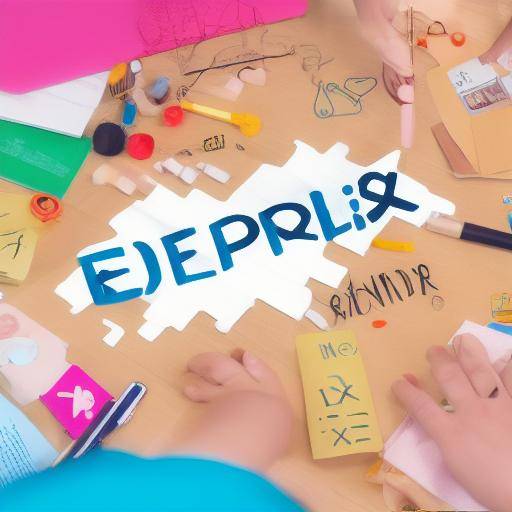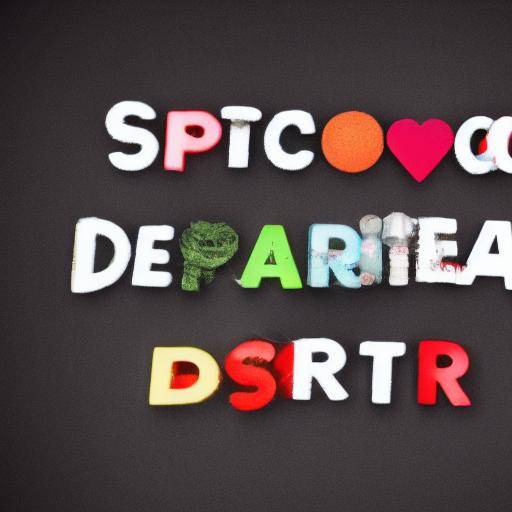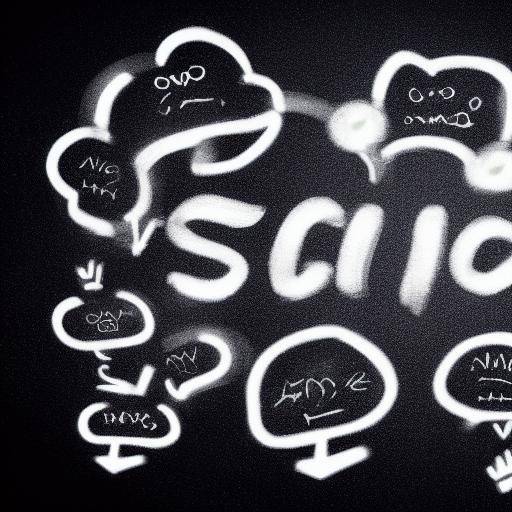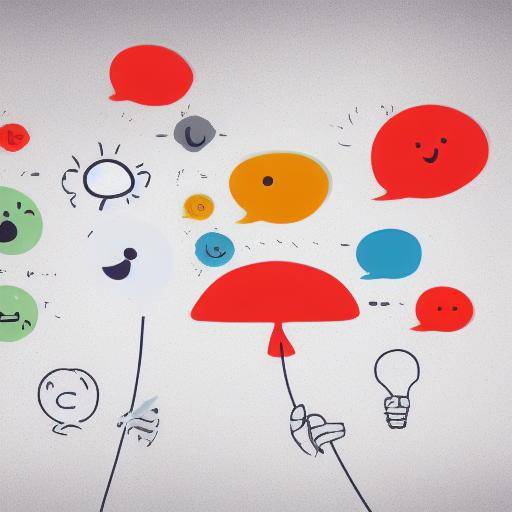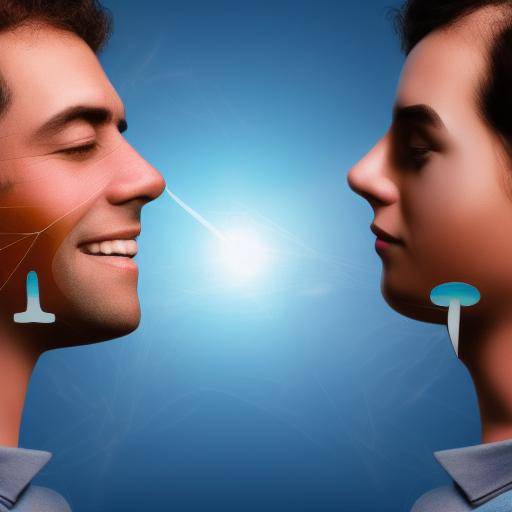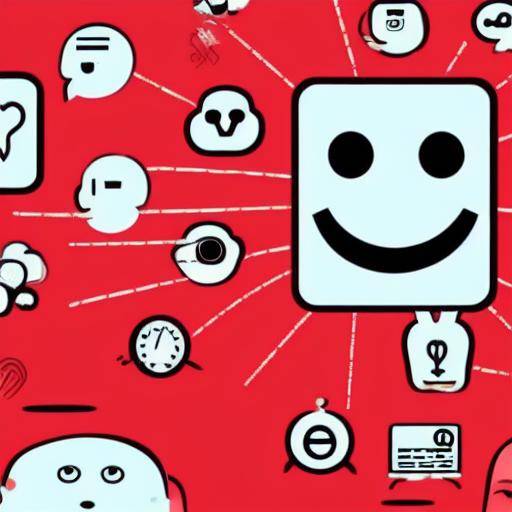
Empathy is a crucial skill in human interaction, which allows us to understand and share the feelings of others. Developing empathy skills not only improves our interpersonal relationships, but also contributes to greater understanding and cooperation in working and social environments. In this article we will explore in depth what are empathy skills, how to improve them on a personal level and their relationship with emotional intelligence.
Introduction
Empathy skills are fundamental in everyday life, as they allow us to connect with others at an emotional level, understand their perspectives and act in a compassionate way. In this article we will explore in detail how to develop these skills, their benefits at both personal and professional levels, and how they relate to personal improvement and emotional intelligence.
Skills of empathy: Origin and evolution
Empathy skills have been studied since ancient times, with philosophers and thinkers who reflect the importance of understanding the emotions of others. Since then, empathy has evolved to become a fundamental component of emotional intelligence and interpersonal skills.
Empathy has experienced important changes throughout history, affecting fields as diverse as psychology, neuroscience and sociology. From the first studies to modern applications in therapies and leadership, empathy has demonstrated its relevance in various areas of human life.
Comprehensive analysis of empathy skills
We will explore the benefits of developing empathy skills at the personal and professional level, as well as the associated challenges and current trends in developing these skills. We will analyze data, case studies and examples of real life to understand in depth the importance of empathy in today's society.
Personal improvement and empowerment development
Empathy is closely linked to personal improvement, as the development of this capacity allows us to understand our own emotions and those of others. We will examine how the development of empathy skills has a transformative impact on our daily lives, driving greater self-knowledge, compassion and meaningful connections with those around us.
Emotional empathy and intelligence
Emotional intelligence encompasses a set of skills, including empathy. We will explore the relationship between these two areas, examining how the development of empathy skills contributes to a stronger emotional intelligence and its impact on the labor, educational and social spheres.
Practical tips for cultivating empathy
We offer practical advice and concrete actions that readers can implement in their day to day to develop their empathy skills and improve their emotional well-being. Specific steps and recommended strategies will allow readers to take the first steps on the road to greater interpersonal empathy and understanding.
Future findings and predictions
We summarize the main conclusions of the article, reinforcing the importance of developing empathy skills to promote healthier relationships and a deep understanding of human emotions. In addition, we offer predictions about the future of empathy and its relevance in an increasingly interconnected world.
Frequently asked questions
Why is it important to develop empathy skills?
Developing empathy skills is crucial, as it allows us to better understand others, strengthen our interpersonal relationships and foster a climate of understanding and collaboration.
How does empathy affect conflict resolution?
Empathy facilitates conflict resolution by promoting a deeper understanding of the prospects and needs of all stakeholders, promoting more equitable and durable solutions.
What strategies can I use to improve my empathy skills in the working environment?
To improve your empathy skills at work, it is essential to practice active listening, enter the place of the other and show understanding of the emotions and experiences of your colleagues.
What is the relationship between empathy and emotional intelligence?
Empathy is one of the fundamental pillars of emotional intelligence, as it implies the ability to understand, manage and properly express our own emotions, as well as those of others.
Are there cultural differences in the manifestation of empathy?
Yes, cultural differences can influence how empathy is manifested, however, recognition and understanding of these differences can contribute to strengthening intercultural relations.
How can I practice empathy in my daily life?
You can practice empathy through everyday gestures such as expressing gratitude, showing genuine interest for others, being understanding and providing emotional support to those around you.
This article offers a complete vision of the development of empathy, personal improvement and emotional intelligence skills. In understanding the importance of empathy, readers can take concrete steps to strengthen their interpersonal relationships and improve their quality of life.












